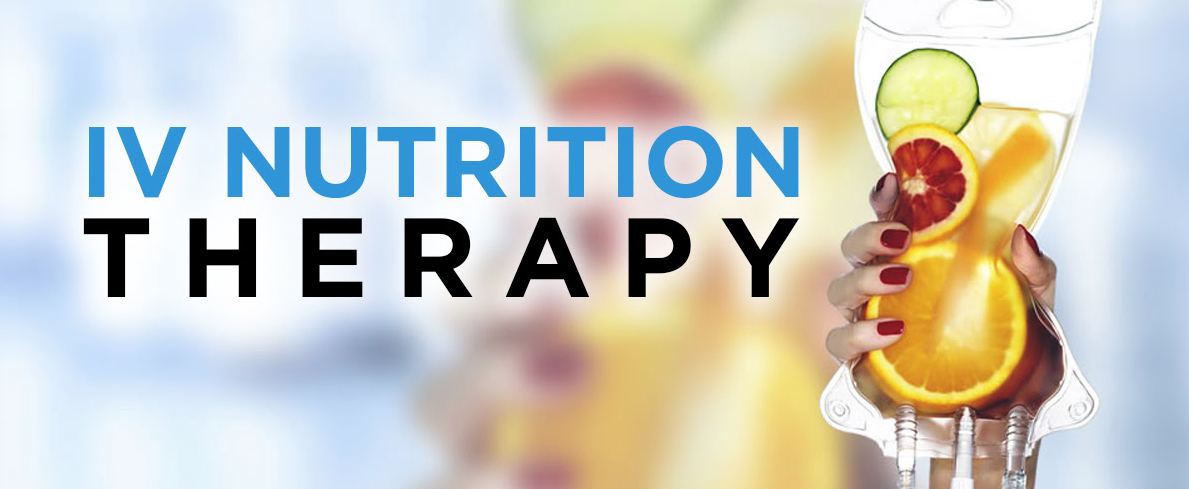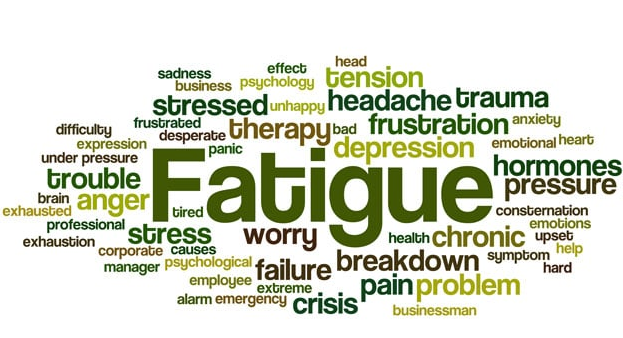What To Know About Hormonal Imbalances
When there is too little or too much of a hormonal agent in the bloodstream, hormone imbalances occur. Because of their important function in the body, even small hormone imbalances can cause adverse effects throughout the body.
Hormonal agents are chemicals that are produced by glands in the endocrine system. Hormonal agents travel through the bloodstream to organs and tissues, providing messages that inform the organs what to do and when.


